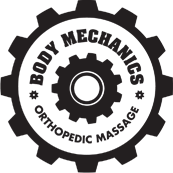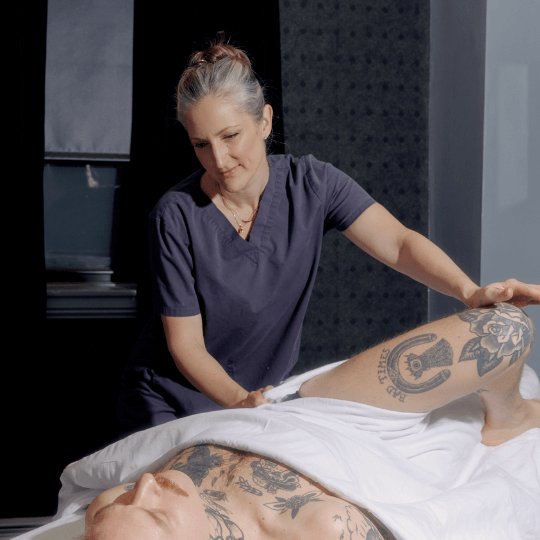2020 was likely the first time many people heard so much news directly from the World Health Organization so it wouldn’t be surprising if this is the first time you’re hearing of World Health Day. It isn’t not marked on many calendars but April 7th 1948 was the day the WHO was established and is now the day they create many campaigns to raise awareness of serious, imminent global health issues. Last year’s theme spurred by the surging number of COVID-19 cases, was to foster an appreciation of nurses and midwives, the people at the forefront of the most precarious and daunting medical situations during the pandemic.
This year’s World Health Day theme is Creating a Healthier World. WHO’s goal is to have international agenies address inequalities in the perception and treatment of different social groups. This directive can be seen as a lesson learned from COVID-19 and the fallout surrounding the pandemic . One inequality that we see more and more each day (especially as New Yorkers) is a rise in racism and violence toward people of Aisan descent. We here at Body Mechanics emphatically denounce these heinous acts and stand in support of the Asian people and communities who have been affected by this senseless and unjust hatred.
Massage in Media
The world of massage can sometimes contribute to the negative light that paints how society views Asian people, and it is up to us as part of the massage community to push back against these ideas. Racist and sexist ideas often develop because a certain group of people have been dehumanized by another. When we don’t have to look at someone as a fellow human, we don’t have to offer them respect, understanding, or empathy. Without those things, abuse, intolerance, and hate can grow. The media and general culture of American society dehumanizes massage in three major ways: attaching mystic orientalism to massage practice, conflating massage with sexual favors, and minimizing female massage workers as only sexual objects.
Movies, shows, or books that refer to Asian-run massage establishments as “rub and tug joints” or making jokes about getting a happy ending whenever someone mentions massage gives a bad connotation to both sex work and massage. Believing that there’s a secret, dirty code you can give any massage therapist to receive a sexual favor reduces the person and the work they do to being a dirty secret. The people working with our bodies deserve the same respect we’d give any professional.
Respect must also be given to the cultures from which we in the West have taken and commodified certain massage practices. From “namaste” tattoos, to Mickey Rooney in Breakfast at Tiffany’s, to any stereotypical; Dragon Lady character, the history of stereotyping and other-ing Asian culture runs deep. The same applies for massage techniques of Asian origin.
Discussing Orientalism in Medicine with Nick Ng
Body Mechanics sat down with Nick Ng, founder and editor at Massage and Fitness Magazine and spoke about his personal experience traversing the world of massage education as an Asian American.
Body Mechanics: Why do you think Asian women tend to be sexualized in massage settings?
“Orientalism began in the 13th century, but the fantasies and misrepresentations it provoked stretch through media and text all the way to the present. The fetishization of Asian women in a massage setting has its roots in Orientalism.”
Body Mechanics: In the past, you’ve spoken about how Orientalism is common in health and wellness. Can you explain some of the ways the misrepresentations of Orientalism manifest in massage therapy?
“There’s a gap in the understanding of the language between the Japanese and Chinese language to the Indo-European language. Other than my [ethnically] Japanese teacher, everyone else [in massage therapy school] misinterpreted a lot of the meanings of the Chinese narratives and even the language and the characters themselves when they mention about Traditional Chinese Medicine. And I’m just rolling my eyes in class and I try not to voice out, but nobody challenged it. And it gets passed on to clients, it gets passed onto media, it gets passed on to each generation of massage therapists.
A lot of therapists who study these Asian massage therapies or other Indigenous types of bodyworks, they do not understand the culture and the history and the language of the people who first practiced it. And it’s a sign of colonialization. …what [American therapists and educators] don’t realize is that a lot of these techniques and narratives also have their own identity. Like Lomi Lomi has its own Hawaiian narrative, Shiatsu has its own Japanese narrative, Thai massage has its own narrative. And there is an issue with cultural appropriation where they leverage these cultures. They use these techniques to leverage for their own thing.”
Body Mechanics: Is there a way for someone who is not from these cultures to teach or practice in a way that still honors and respects these cultures?
“Really spend the time and energy to try to fully understand the history of the cultures from where the techniques come from rather than just using the techniques for personal gain.“
We here at Body Mechanics hope that on this World Health Day, this post shows the proper respect to the people and cultures from which many massage therapists derive the skills and knowledge they use to help their clients and patients. A healthier world doesn’t just mean getting medical representation of at risk groups but creating a safer world for the people currently at a higher risk of being attacked, mistreated, stereotyped and taken advantage of.
By Matt Danziger and Ken Douglas
Related reading:
Science-based Educators for Massage Therapy

